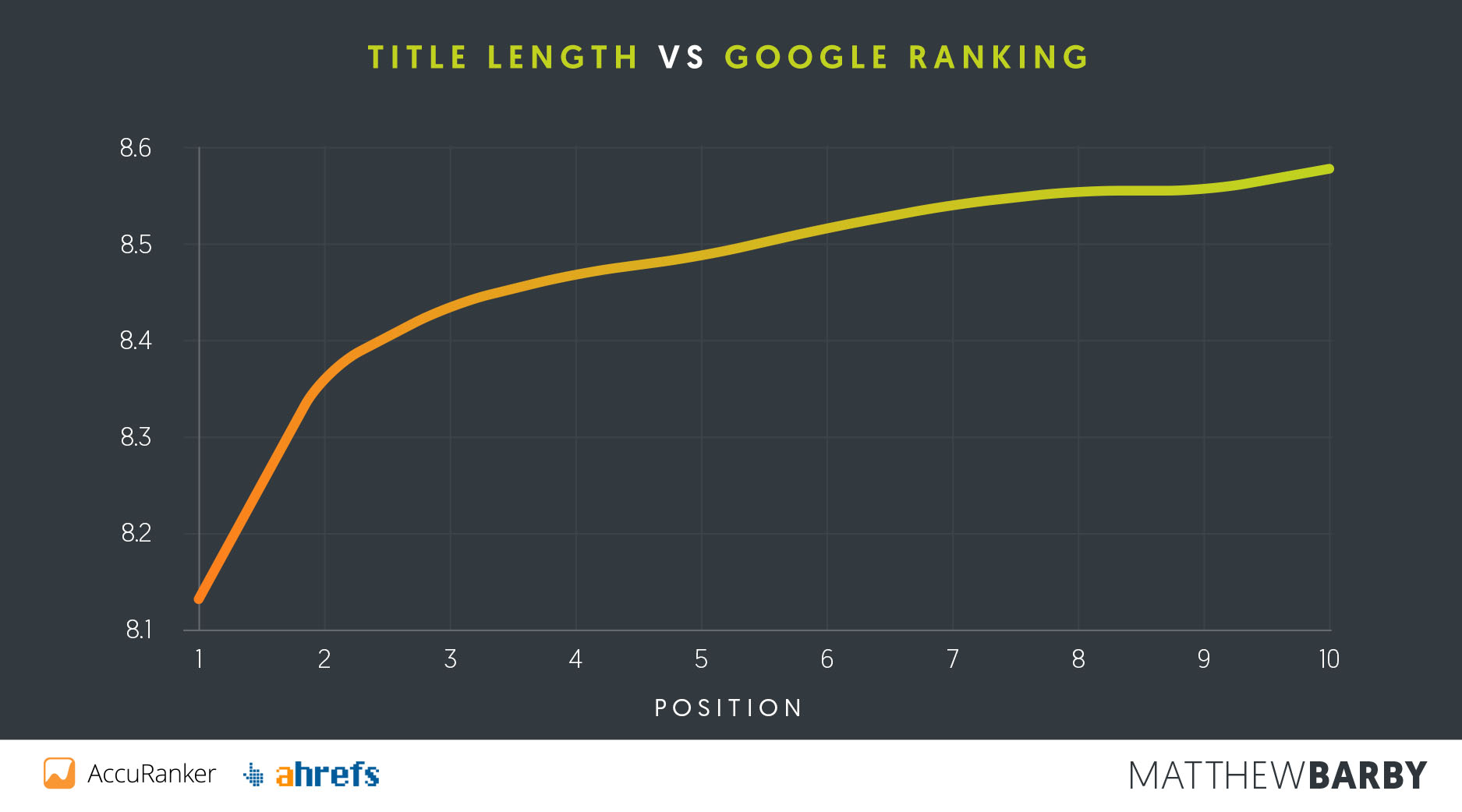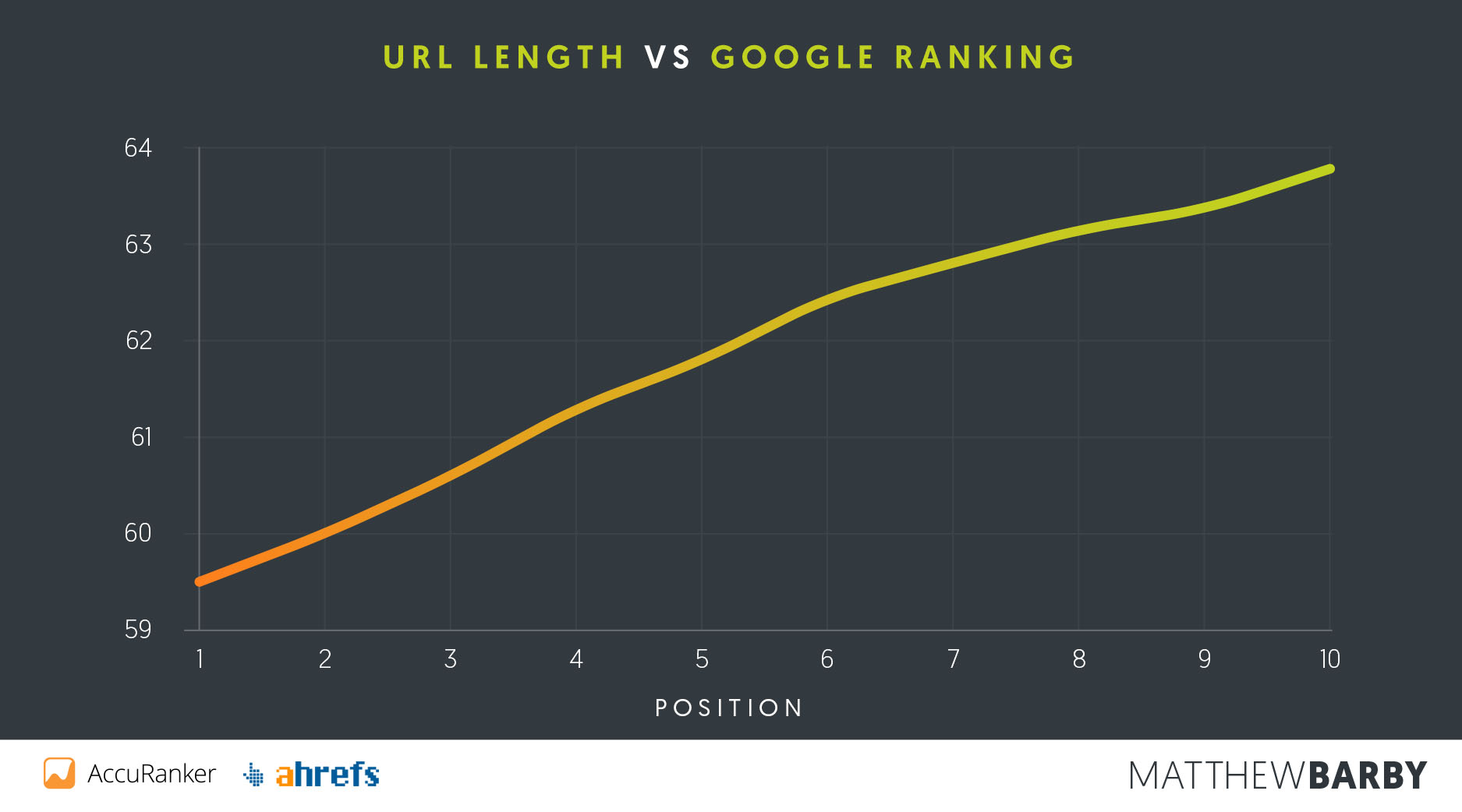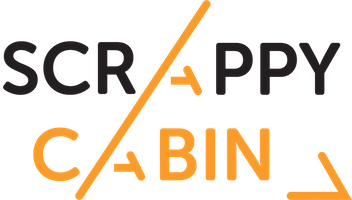Shorter Page Titles and URLs Work Best
The page title and URL are two of only a small number of elements that are present for a user to view within the search engine results page. It’s fair to say that they have a huge impact on click-through rate from the SERPs.
I’ve run a number of studies over the page year relating to click-through rate from the results page and have seen very strong correlation between this and higher search rankings, even if Google’s official line is that this isn’t the case, at least as a ‘direct’ ranking factor (don’t believe everything you hear there).
One study that I ran earlier this year enabled me to jump from the middle of page 2 for a high-volume, competitive keyword to the top of page 1 within 15 minutes. Now tell me that it’s not a ranking factor.

The reason why I’m talking about click-through rate is because desirable SERP snippets, like the one shown above, tend to receive a much higher click-through rate, thus receiving a ranking boost.
Understanding what makes a SERP snippet ‘desirable’ is a huge advantage. For larger websites, especially those within e-commerce leanings, there are huge SEO wins to be had with snippet optimization. One of my favorite examples is from Etsy, where they ran a really interesting test across page titles. Thumbtack ran a similar experiment too.

High ranking webpages in Google tend to have shorter page titles (8 words is optimal) @matthewbarby
The chart above shows that the title length and Google ranking are intertwined. Shorter titles correlate with higher rankings in Google.
This makes a lot of sense to me for two main reasons:
- Longer titles end up being cut off in the search results which means a key part of the phrase could be lost, making it less desirable to the user.
- Shorter titles tend to get to the point quicker and enable the user to very quickly determine if the result will fulfil their initial need.

On top of this, I looked into whether the length of the URL had a relationship with Google ranking. It’s quite clear to see that there’s a similar relationship with short URLs as there is with page titles.
Again this makes a lot of sense to me, but this time for two slightly different reasons:
- Longer URLs tend to look a little more spammy within the search engine results page, and this is amplified if there are a lot of numbers and symbols within them.
- If a URL is too long then it misses out on the benefit of having any keywords within it bolded, which will likely draw more attention to the user.
High ranking webpages in Google tend to have shorter URLs (under 60 characters is optimal)
Action:
Pull a list of all the URLs and page titles from your website using a tool like Screaming Frog SEO Spider. Export the data into Excel and then calculate the length of each one using a simple LEN() query. Quickly identify any page titles and shorten them down to ensure they’re as succinct as possible.
